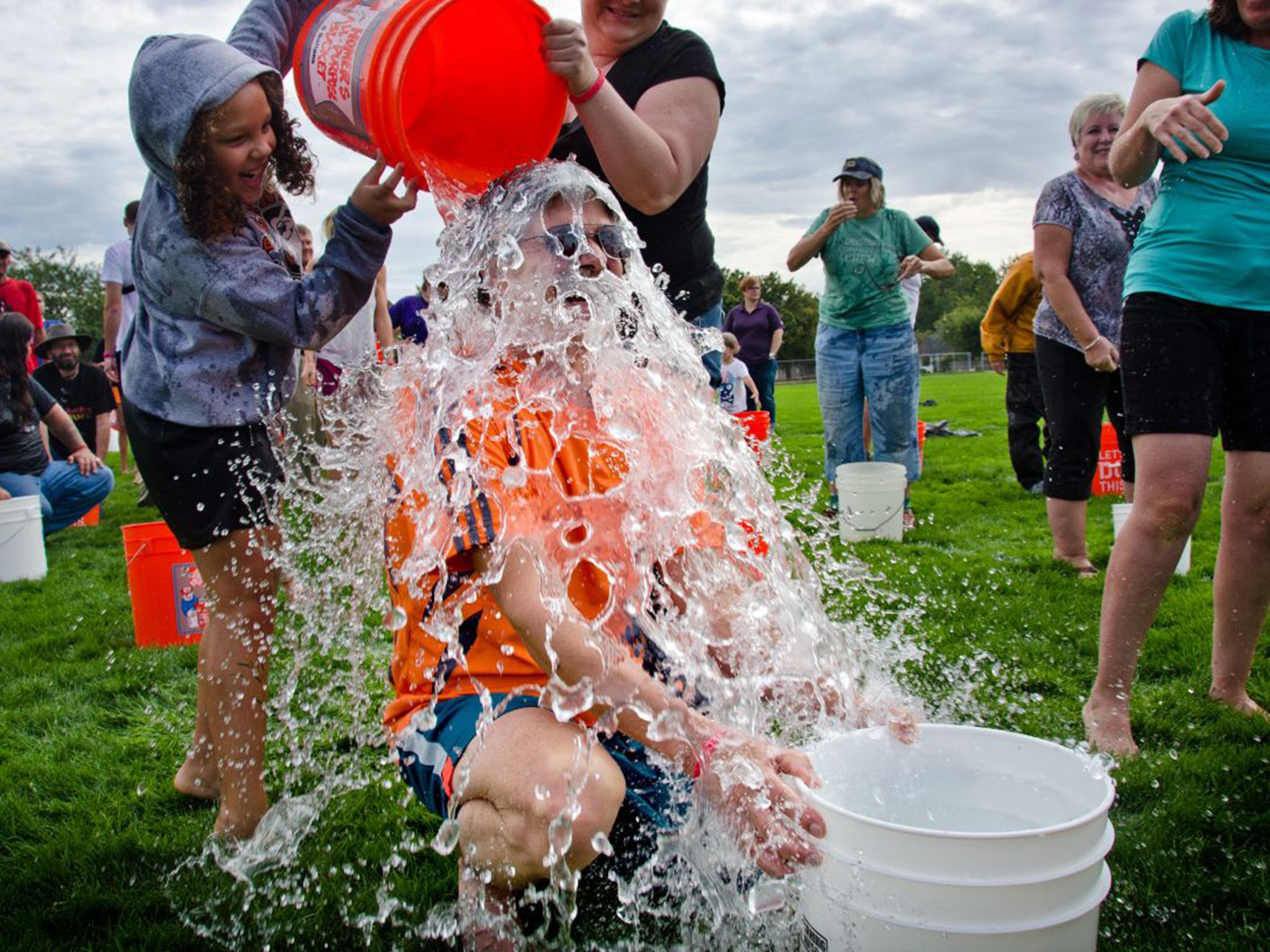What is Ebola, who is Banksy, and where on earth is Honduras? These were among the most common questions the British public asked Google in 2014, according to the tech giant’s Year in Search.
The results included the most searched-for celebrities (Beyoncé and Ed Sheeran), businesses (Rightmove and Gumtree) and even recipes (burgers and shortbread), providing insight into what caught the British public’s eye over the last 12 months.
The accolade for top trending search went to “World Cup 2014” after fans eager for match results across Brazil typed the same query on computers across Britain.
The British public was also curious to learn about viral sensations, with the Vietnamese-designed computer game Flappy Bird swooping in to take sixth position on the trending searches list.
Our searches also reflected the passing of several high-profile celebrities, with results for the comedian Rik Mayall, Peaches Geldof and Philip Seymour Hoffman featuring prominently.
The top news stories of the year revealed that the British public’s main concern was the outbreak of Ebola in Africa, although it was closely followed by those who attempted to find out about ALS, the degenerative motor neuron disease that spawned the Ice Bucket Challenge.
Stephen Rosenthal, a PR and communications manager at Google UK, said that British searching habits reflected how people in the UK “don’t just want to look at the vehicle, but what is behind the issues”.
Google’s results also revealed that the UK users asked “Who is Banksy?” more often than “Who is Isis?” – suggesting curiosity about the graffiti artist was stronger than a desire to learn about the international terrorist group.
Romantic concerns ranked highly in “how to” searches, with kissing taking the No 2 spot. But “What is love?” was the third most-googled question. The geographical conundrum that most interested Britons in 2014 was “Where is Honduras?” – perhaps sparked by the England football team’s pre-World Cup friendly against the Central American nation.
What is...? answered by Steve Connor, science editor
1 What is Ebola?
Ebola is the name of a virus that causes haemorrhagic fever – but is also the name of a river in the Democratic Republic of the Congo. The virus was first discovered in a village 60 miles from the river but was named after the river to avoid attaching any stigma to the village.
2 What is ALS?
ALS stands from amyotrophic lateral sclerosis, also known as motor neurone disease or, in the US, Lou Gehrig’s Disease. It causes progressive muscle paralysis due to the loss of “motor” nerve cells leading from the brain to the muscles. Stephen Hawking is the most famous ALS patient. This year’s notorious ALS Ice Bucket Challenge (pictured) went viral, raising millions of pounds for charity.
3 What is love?
This includes a wide range of emotions to do with bonding. Love has probably evolved out of the biological need for parental, usually maternal care for the young, as well as pair-bonding in monogamous species. In human terms it has been extended to include lust, sexual passion and adolescent crushes.
4 What is fracking?
Hydraulic fracturing or “fracking” is a technique for extracting oil and gas from shale rock. The ability to drill horizontally underground has enabled engineers to inject water, sand and chemicals at high pressure to fracture the rock to force out the stored fossil fuels.
5 What is autism?
“Autism spectrum disorder” describes a range of physical and behavioural conditions that first appear in early childhood. The spectrum includes Asperger’s syndrome and a common feature is a problem in understanding and being aware of other people’s emotions and feelings.
6 What is gluten?
Gluten is a protein found in cereals such as wheat, barley and rye. Some people, such as patients with coeliac disease, have an adverse reaction to gluten, which results in a range of unpleasant symptoms.
7 What is lupus?
This is a range of poorly understood conditions caused by a disorder of the immune system. It often manifests as skin rashes, which is why it was originally called “lupus”, the Latin for “wolf”, because one form of skin rash on the face resembled a wolf’s bite.
8 What is anxiety?
This is a perfectly normal mood that had evolved to prepare us mentally for difficult or dangerous situations. However, being wary, cautious or nervous can sometimes lead to severe, debilitating disorders, such as panic attacks and insomnia.
9 What is gout?
Uric acid is a waste product of normal metabolism and is normally excreted by the kidneys. When it builds up in the blood stream, it can cause tiny crystals of sodium urate to form around joints, causing pain and discomfort. The joints of the big toe are often first affected and purine-rich food, such as paté and sardines, can trigger gout.
10 What is twerking?
This is dancing in a sexually provocative way, with rhythmic movements of the hips while squatting with outstretched posterior. The word “twerk” is probably an alteration of “work”, as in “work it girl” or “twerk it”, according to the Oxford English Dictionary. The “t” may derive from “twist” or “twitch”.
Subscribe to Independent Premium to bookmark this article
Want to bookmark your favourite articles and stories to read or reference later? Start your Independent Premium subscription today.


Join our commenting forum
Join thought-provoking conversations, follow other Independent readers and see their replies